Fairley, Grace (1881-1969)
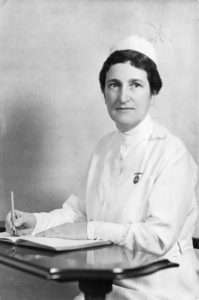 Grace Fairley was born in 1881 in Scotland, where she was trained as a nurse at Swansea General Hospital before coming to Canada in 1912. After working in Montreal at the Alexandra Hospital, as superintendent of nurses at the Hamilton General Hospital and in 1924, in London Ontario, she came to Vancouver to be Director of Nursing and Principal of the School at Vancouver General Hospital from 1929 until her retirement in 1943. She raised the pre-requisite standards, helped close small training schools, ended menial labour, improved working conditions by introducing the 8-hour shift and increased hours of classroom instruction. She also lobbied for a new School of Nursing Student Residence
Grace Fairley was born in 1881 in Scotland, where she was trained as a nurse at Swansea General Hospital before coming to Canada in 1912. After working in Montreal at the Alexandra Hospital, as superintendent of nurses at the Hamilton General Hospital and in 1924, in London Ontario, she came to Vancouver to be Director of Nursing and Principal of the School at Vancouver General Hospital from 1929 until her retirement in 1943. She raised the pre-requisite standards, helped close small training schools, ended menial labour, improved working conditions by introducing the 8-hour shift and increased hours of classroom instruction. She also lobbied for a new School of Nursing Student Residence
Her many administrative positions include vice-president of the American Hospital Association from 1916-1917, president of the RNABC, third vice-president of the International Council of Nurses from 1941-1953, and president of the CNA from 1938-1943. She received the Agnes Snively memorial medal in 1943 and a Centennial Medal in 1949.
Dr. Helen Mussallem, one of her former students, comments that she “saw the nurse’s role extending beyond the hospital, and introduced into her nursing education program many types of clinical experiences that were real innovations at that time”.
Contents of Biographical File
- Biographical Sketch
- Materials in support of nomination to the CNA Memorial Book.
- Writings by Fairley
- “The Nursing and Treatment of Contagious Diseases as a Special Course,” The Canadian Nurse 12 (10), (1916) 571-574.
- “A Curriculum for Schools of Nursing in Canada,” The Canadian Nurse 27 (9), (1931), 476-479.
- “A New Teaching Device,” The Canadian Nurse 29 (6), (1933), 303-304.
- “So You are Coming to Vancouver,” The Canadian Nurse 31 (4), (1936), 154-155.
- “An Open Letter,” The Canadian Nurse 34 (10), (1938), 579-580.
- “The Snively Medal Awards,” Ellis, K. “Grace M. Fairley,” The Canadian Nurse 38 (6), (1942), 383-384.
- “Ready for New Tasks,” The Canadian Nurse 39 (4), (1943), 259-260.
- “An Honour for Canada,” The Canadian Nurse 37 (11), (1941).
- “Nursing Service Recognized,” The Vancouver Sun, May 4, 1949.
- Campbell, Marjorie Campbell. (1956). Miss Grace M. Fairley (pp. 94-113). In Campbell, M.C., The Hamilton General Hospital School of Nursing 1890-1955. Toronto: Ryerson Press.
- “Crusading Nurse Dies,” Nursing Times, August 7, 1969.
- Paulson, Esther, “Memories of Grace Fairley,” February 1999.
- Obituary, The Canadian Nurse 65 (5), (1969), 18.
- B&W photograph
- Biographical information
- Notes by Alison Wyness
- Vital Statistics Death Registration Index
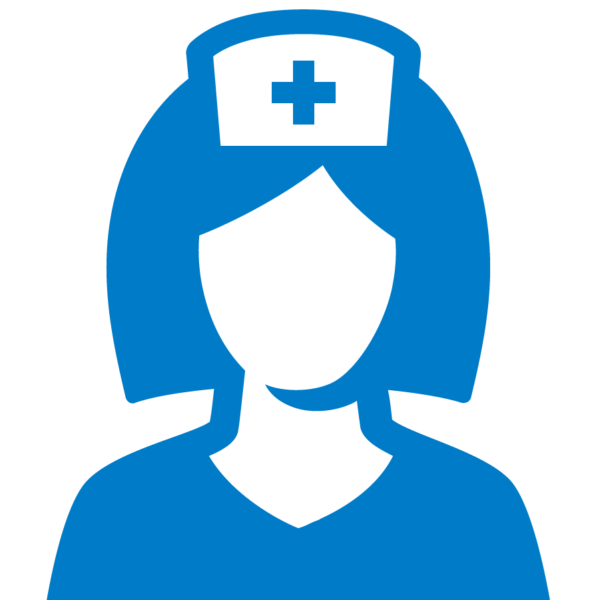 Gertrude Frazee (1884-1980)
Gertrude Frazee (1884-1980)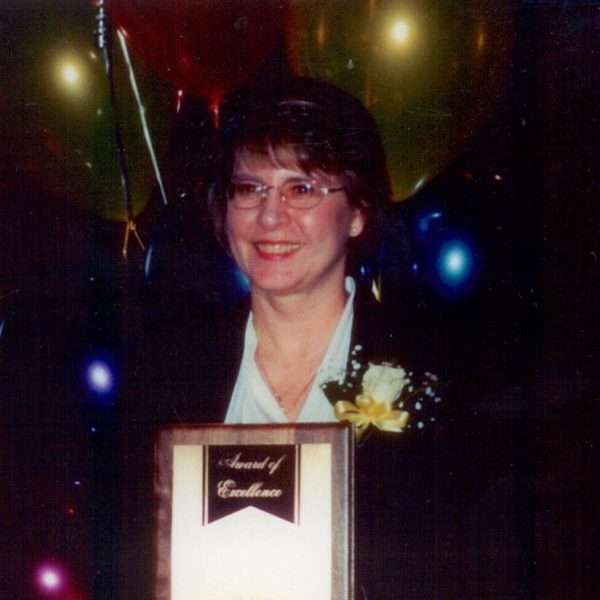 Sheila Dawn Early (1946-
Sheila Dawn Early (1946-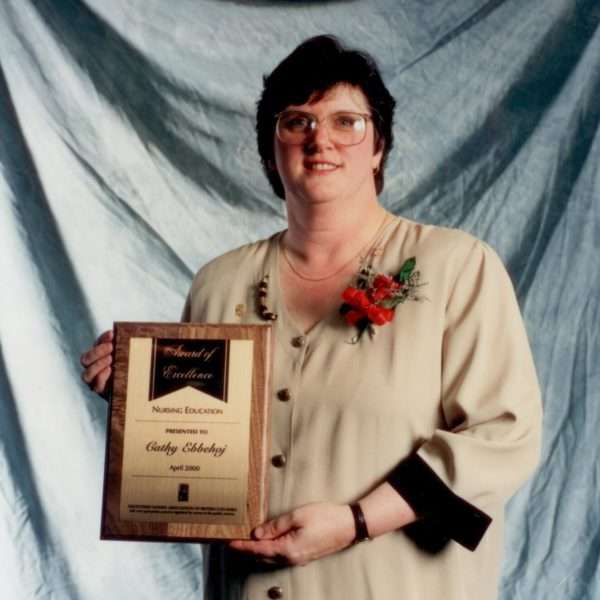 Catherine Ebbehoj (ca. 1953-
Catherine Ebbehoj (ca. 1953-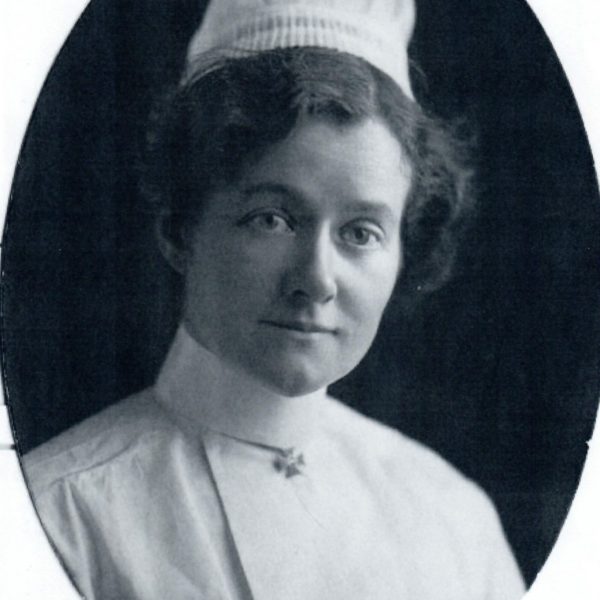 Kathleen Ellis (1887-1968)
Kathleen Ellis (1887-1968)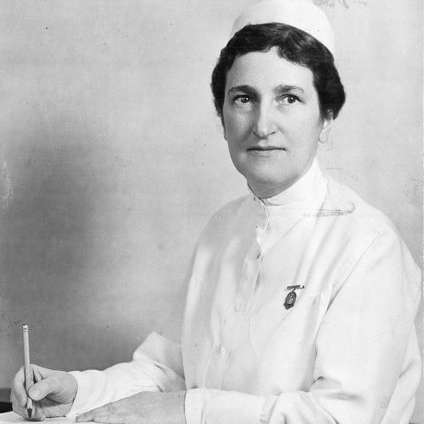 Grace Fairley (1881-1969)
Grace Fairley (1881-1969)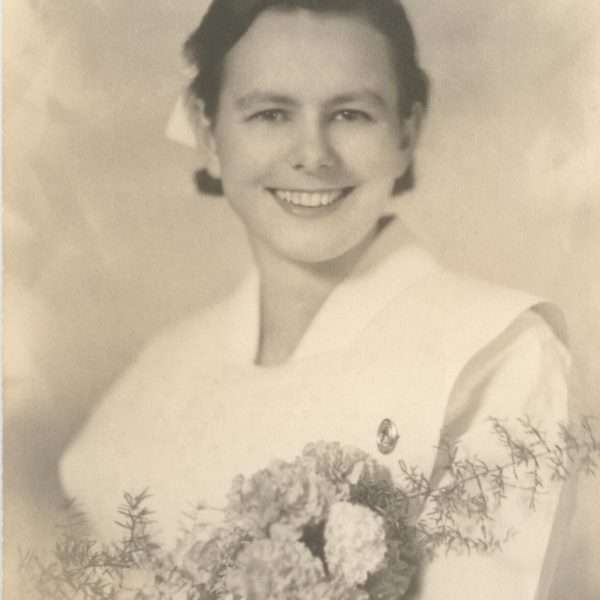 Helen Faulkner (1916-2011)
Helen Faulkner (1916-2011)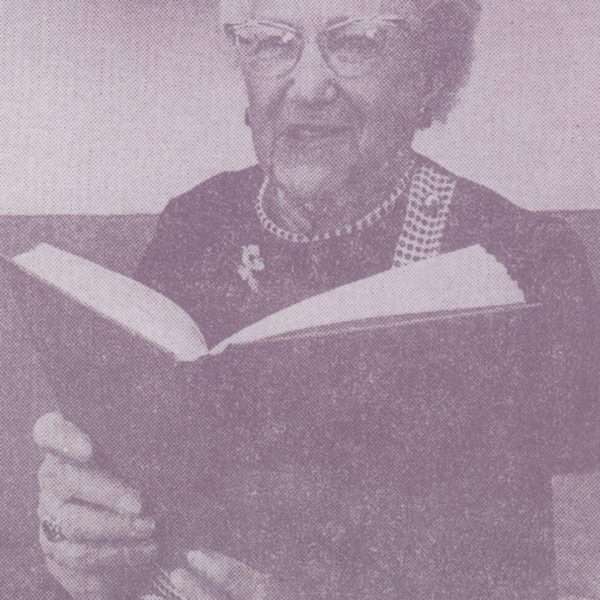 Margaret Faulkner (ca. 189- – 1986)
Margaret Faulkner (ca. 189- – 1986)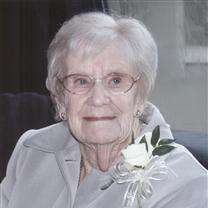 Jean Fernie (1917-2011)
Jean Fernie (1917-2011)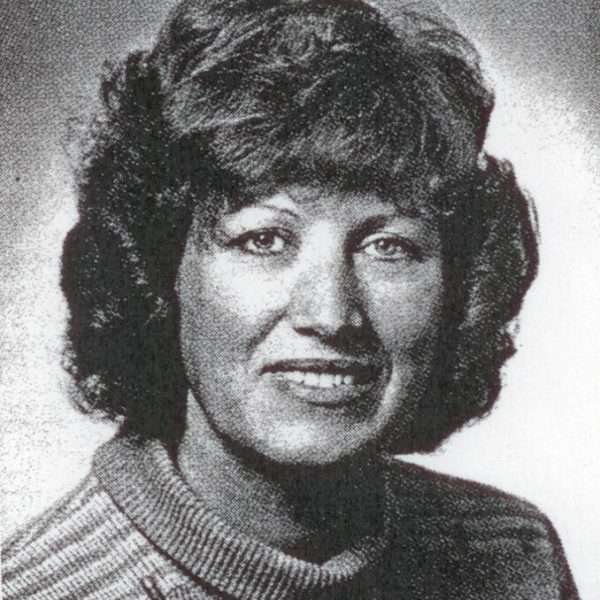 Mary Fewster (1936-1987)
Mary Fewster (1936-1987) Norma Fieldhouse
Norma Fieldhouse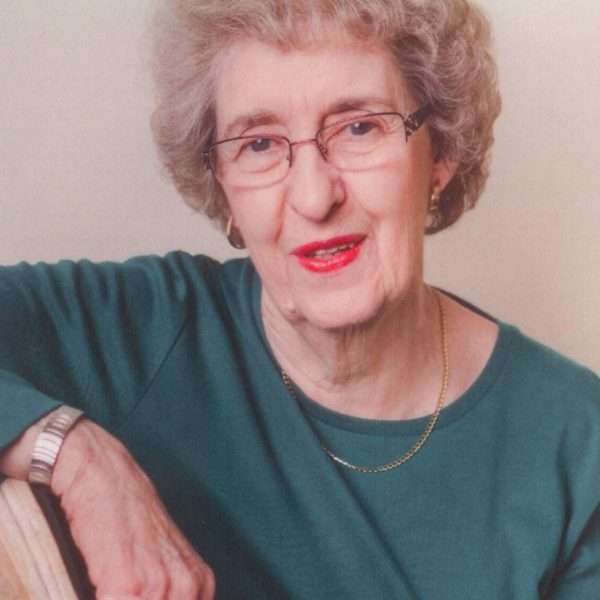 Beth Fitzpatrick (1932-
Beth Fitzpatrick (1932- Margaret Foreham (1922-
Margaret Foreham (1922-
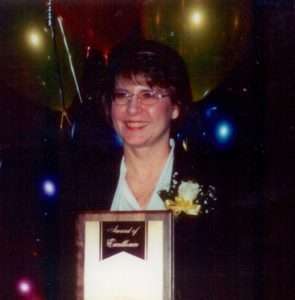 Sheila’s hospitalization for major trauma and post accidental trauma when she was six motivated her to be a nurse. She majored in Teaching and Supervision at the University of Saskatchewan, receiving her RN in 1968 and her BScN with distinction in Teaching and Supervision in 1969. Through her work in three Emergency Departments she became a highly skilled ER nurse.
Sheila’s hospitalization for major trauma and post accidental trauma when she was six motivated her to be a nurse. She majored in Teaching and Supervision at the University of Saskatchewan, receiving her RN in 1968 and her BScN with distinction in Teaching and Supervision in 1969. Through her work in three Emergency Departments she became a highly skilled ER nurse.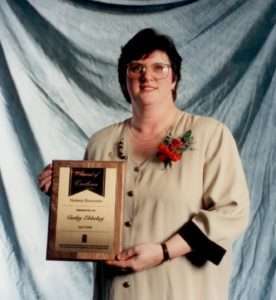 Cathy’s main specialty is the concerns of postpartum women who have experienced a high risk pregnancy. She graduated from the UBC School of Nursing in 1975 and completed her MSN in 1999. From 1978 until 1998 she taught at the VGH School of Nursing, and subsequently at the UBC School of Nursing. She received the RNABC Award of Excellence in 2000, and has played a major role in establishing a drop in clinic for pregnant women living in UBC housing. Cathy is committed to the UBC School and believes it is important to build connections among Alumni. She successfully networks and socializes with new and older gradates. Because these efforts, in 2005 she was awarded the UBC Alumni Association’s Blyth Eagles Volunteer Leadership Award.
Cathy’s main specialty is the concerns of postpartum women who have experienced a high risk pregnancy. She graduated from the UBC School of Nursing in 1975 and completed her MSN in 1999. From 1978 until 1998 she taught at the VGH School of Nursing, and subsequently at the UBC School of Nursing. She received the RNABC Award of Excellence in 2000, and has played a major role in establishing a drop in clinic for pregnant women living in UBC housing. Cathy is committed to the UBC School and believes it is important to build connections among Alumni. She successfully networks and socializes with new and older gradates. Because these efforts, in 2005 she was awarded the UBC Alumni Association’s Blyth Eagles Volunteer Leadership Award. Grace Fairley was born in 1881 in Scotland, where she was trained as a nurse at Swansea General Hospital before coming to Canada in 1912. After working in Montreal at the Alexandra Hospital, as superintendent of nurses at the Hamilton General Hospital and in 1924, in London Ontario, she came to Vancouver to be Director of Nursing and Principal of the School at Vancouver General Hospital from 1929 until her retirement in 1943. She raised the pre-requisite standards, helped close small training schools, ended menial labour, improved working conditions by introducing the 8-hour shift and increased hours of classroom instruction. She also lobbied for a new School of Nursing Student Residence
Grace Fairley was born in 1881 in Scotland, where she was trained as a nurse at Swansea General Hospital before coming to Canada in 1912. After working in Montreal at the Alexandra Hospital, as superintendent of nurses at the Hamilton General Hospital and in 1924, in London Ontario, she came to Vancouver to be Director of Nursing and Principal of the School at Vancouver General Hospital from 1929 until her retirement in 1943. She raised the pre-requisite standards, helped close small training schools, ended menial labour, improved working conditions by introducing the 8-hour shift and increased hours of classroom instruction. She also lobbied for a new School of Nursing Student Residence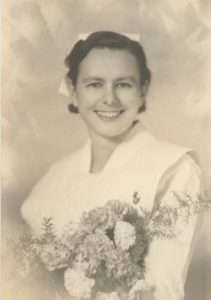 Contents of Biographical File
Contents of Biographical File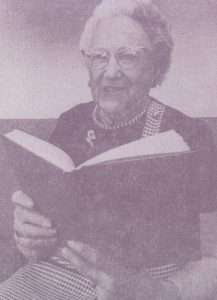 Faulkner (nee Goodwin), Margaret
Faulkner (nee Goodwin), Margaret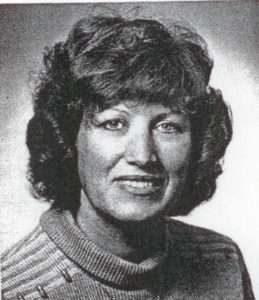 Mary Fewster was born in Cardiff Wales and graduated from Guy’s Hospital in London. She moved to Canada in 1958 and soon after spent three years in Rhodesia as a nursing instructor and then moved to BC where she was an instructor at the Vancouver General Hospital School of Nursing. She had a BSN and MSN from UBC. In 1975 she joined the faculty at Douglas College. She was a member of numerous nursing organizations such as the Nursing Education Council of BC, the Nurse Administrators’ Association of BC, and RNABC’s Board of Directors and Board of Examiners. Internationally, she served as a nursing consultant for WHO. and received an Award of Excellence from RNABC in 1987.
Mary Fewster was born in Cardiff Wales and graduated from Guy’s Hospital in London. She moved to Canada in 1958 and soon after spent three years in Rhodesia as a nursing instructor and then moved to BC where she was an instructor at the Vancouver General Hospital School of Nursing. She had a BSN and MSN from UBC. In 1975 she joined the faculty at Douglas College. She was a member of numerous nursing organizations such as the Nursing Education Council of BC, the Nurse Administrators’ Association of BC, and RNABC’s Board of Directors and Board of Examiners. Internationally, she served as a nursing consultant for WHO. and received an Award of Excellence from RNABC in 1987.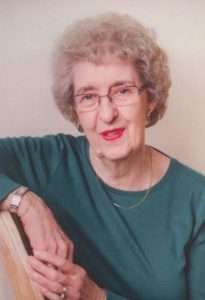 Beth graduated from UBC with a BSN in 1955, and later attended Yale University School of Nursing, where she received an MSN and certification in Nurse Midwifery. She worked as a staff nurse for VON from 1955-1957, and taught at UBC SON from 1957-1965. Most of her later career was in the US, where she worked in various positions, culminating with an Associate Professorship at the Southern Connecticut State University School of Nursing.
Beth graduated from UBC with a BSN in 1955, and later attended Yale University School of Nursing, where she received an MSN and certification in Nurse Midwifery. She worked as a staff nurse for VON from 1955-1957, and taught at UBC SON from 1957-1965. Most of her later career was in the US, where she worked in various positions, culminating with an Associate Professorship at the Southern Connecticut State University School of Nursing.